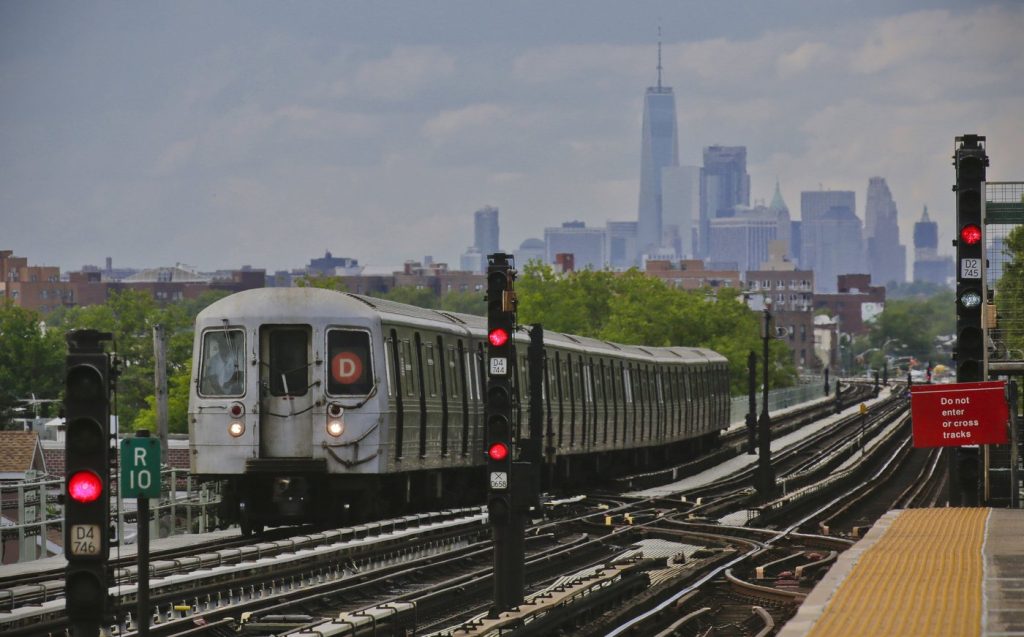In a significant political maneuver, dozens of Democratic lawmakers from Texas have fled the state in an attempt to obstruct the adoption of newly redrawn U.S. House maps backed by President Donald Trump. These redistricting efforts are perceived by Democrats as an attempt to bolster Republican representation ahead of the 2026 midterm elections. The absence of these lawmakers disrupted the required quorum in the Texas House, preventing a vote on the contentious maps.
Texas Governor Greg Abbott has announced plans to initiate the process of removing absent lawmakers from office if they fail to return. The situation escalated as the Republican-led House issued civil arrest warrants for the missing members. Despite Abbott's orders for state troopers to assist in their apprehension, the Democrats are believed to have gone to states like Illinois or New York, placing them outside the jurisdiction of Texas authorities. Abbott's threats and the issuance of arrest warrants highlight the intensified conflict surrounding congressional mapping, which has drawn attention from Democratic governors who are considering retaliatory measures.
In an immediate response to the Texas Republicans' actions, California Democrats are considering a draft plan to redraw congressional maps to secure more Democratic seats in the state, aiming to increase their majority from 43 to 48 out of 52 congressional seats. This proposal comes in direct response to the Texas GOP's redistricting efforts, which are viewed as an attempt to consolidate Republican power for upcoming elections.
California Governor Gavin Newsom stated that he would advocate for a special election to present a new congressional map to voters in November if Texas does not pause its redistricting endeavors. The proposed changes would require approval from both lawmakers and voters, following a previous decision to entrust redistricting efforts to an independent commission.
As the disputes over redistricting unfold, Republican lawmakers in Texas have adopted a more assertive response compared to previous instances, reflecting the urgency of the situation. Abbott's threats have drawn criticism, with Democrats arguing that his legal authority to enforce such measures is questionable and likening his actions to 'smoke and mirrors.'
The ongoing tussle over redistricting is further complicated by the looming deadlines for funding AmeriCorps programs, which involve national service initiatives. A bipartisan group of senators has urged the White House to release funding that is critical for over 130 programs needing immediate renewal. Meanwhile, the Congressional Budget Office has projected that federal deficits could swell to $5 trillion if temporary tax cuts become permanent under Trump's policies. This financial issue adds another layer of complexity to the political landscape.
In summary, the political maneuvering surrounding redistricting in Texas has ignited a broader debate across the nation, with implications for party representation and governance. Moreover, the potential for California to initiate its own redistricting in light of Texas's actions underscores the ongoing battle over electoral power dynamics within the United States.












